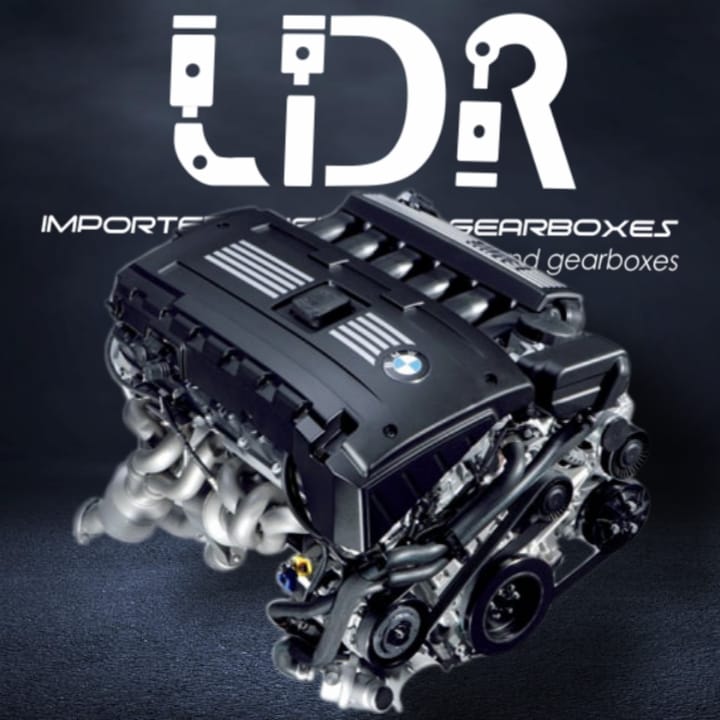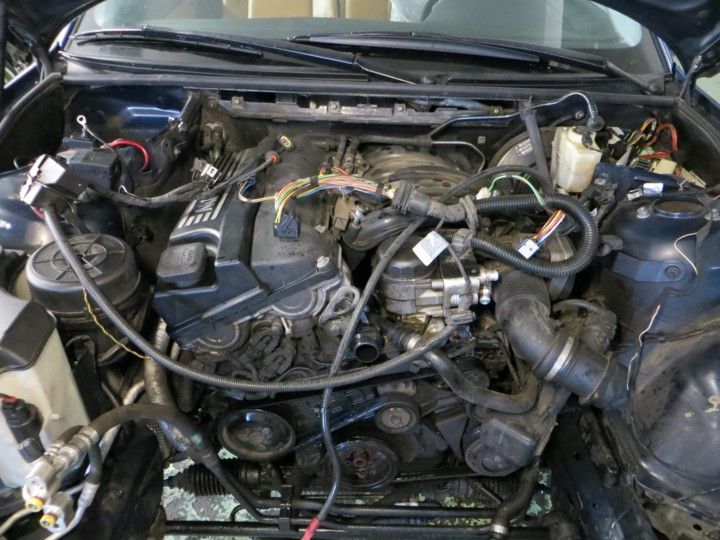Updating Your BMW 318ti: Leading Mods and Enhancements
Updating Your BMW 318ti: Leading Mods and Enhancements
Blog Article
Crucial Considerations for Choosing the Finest Engine for Your Demands
In the realm of picking the excellent engine to meet your requirements, several vital variables need careful consideration to ensure optimal performance and performance. From the nuanced balance in between power and performance to the often-overlooked elements of upkeep and service demands, each element plays a critical duty in determining the most ideal engine for your particular requirements. As the intricacy of engine technologies proceeds to evolve, discerning one of the most fitting alternative necessitates a deep understanding of the interplay between numerous factors to consider. By checking out the complex internet of elements that underpin this decision-making process, a clearer course arises in the direction of choosing an engine that not only satisfies but surpasses your expectations.
Power and Efficiency
When examining engines for optimum efficiency, it is critical to focus on both power output and effectiveness. Effectiveness refers to exactly how well the engine converts fuel into usable energy. By carefully examining both power and efficiency, you can choose an engine that delivers optimal efficiency and satisfies your demands properly.
Fuel Performance and Economy
Gas performance refers to the engine's capacity to transform fuel into power with minimal waste, straight affecting operating expenses and environmental sustainability. Engines with higher fuel performance not just reduce fuel expenditures but also lower carbon exhausts, adding to a greener procedure.

Compatibility and Application
Thinking about the gas effectiveness and economy of an engine, the following critical element to address is its compatibility and application within certain operational contexts. Compatibility refers to just how well the engine incorporates with the overall system or tools it powers.
Furthermore, the application of the engine is similarly important. Various engines are designed for particular purposes, whether it be industrial equipment, marine vessels, automobiles, or power generators. Understanding the designated application allows for the selection of an engine that can deliver the needed power outcome, torque, and operational qualities. As an example, a high-revving engine created for performance autos would not appropriate for durable building and construction equipment that requires high torque at reduced rates.
Upkeep and Solution Demands
Upkeep and service needs play a crucial function in making certain the longevity and optimal performance of an engine. Regular maintenance is necessary to stop malfunctions, prolong the life-span of the engine, and keep its effectiveness. When picking an engine, it is crucial to think about the supplier's suggested upkeep timetable and the schedule of solution facilities or certified professionals.
Variables such as the frequency of oil adjustments, filter substitutes, and general evaluations can dramatically affect the engine's efficiency. Some engines might require more constant maintenance based upon their style and use, while others might have longer periods in between maintenance checks. It is important to abide by these service needs to stay clear of costly repair work and unforeseen downtime.

Expense and Budget Plan Factors To Consider
Budget restraints often play a significant duty in the decision-making procedure when choosing an engine for a certain application. When considering the cost and budget effects of selecting an engine, it is necessary to examine not only the preliminary purchase cost however additionally the long-lasting expenditures connected with maintenance, fuel consumption, and potential upgrades or repairs. It is essential to strike a balance between the in advance expense of the engine and its total lifecycle expenses to make certain that the picked engine continues to be monetarily lasting throughout its functional life-span.
Elements such as gas toughness, effectiveness, and dependability can straight influence the complete cost of ownership of an engine. While a much more costly engine may have greater ahead of time costs, it might potentially cause lower maintenance and gas expenditures with time, hence web supplying far better worth in the future. In addition, taking into consideration the availability and price of extra components, in addition to the simplicity of upkeep and service, can assist prevent unforeseen monetary pressure in the future. By meticulously evaluating their website these cost and spending plan factors to consider, you can make an informed decision that aligns with your operational demands and economic restrictions.
Conclusion

Fuel effectiveness refers to the engine's capacity to transform fuel right into energy with minimal waste, straight impacting operating costs and environmental sustainability.Factors affecting fuel performance consist of engine layout, combustion efficiency, and general performance optimization. Additionally, selecting the ideal fuel type and grade as advised by the engine manufacturer can better improve efficiency and lengthen engine lifespan.
Engines with good serviceability functions and readily offered parts can lower maintenance prices and lessen the time the engine is out of procedure - bmw 318ti. It is vital to strike an equilibrium why not check here in between the in advance price of the engine and its overall lifecycle expenses to make sure that the picked engine remains financially sustainable throughout its functional life expectancy
Report this page